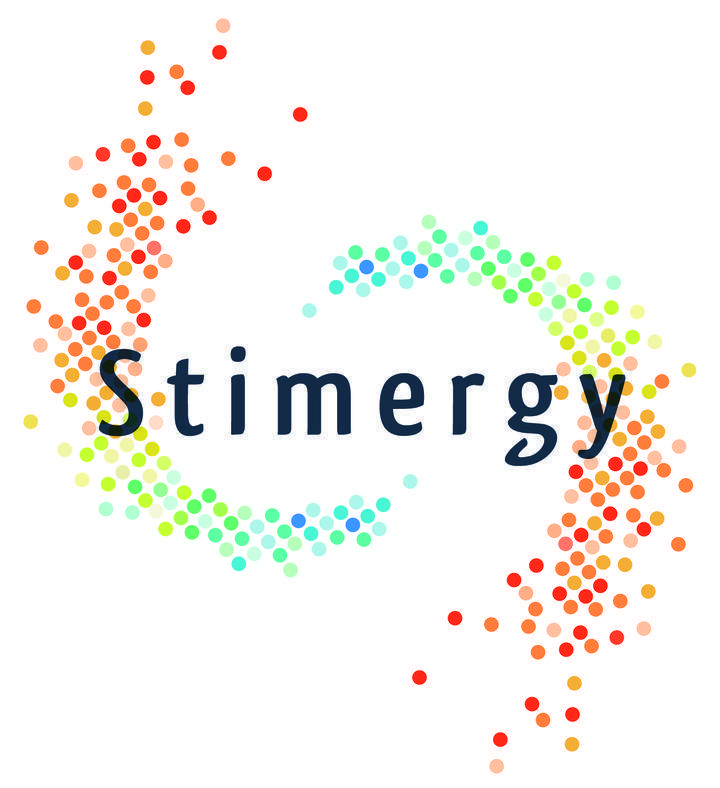Stimergy recovers heat from servers to heat water in buildings
Project details
- Main leader : STIMERGY
- Type of initiative :
- Périmètre : France
- Localisation : La Cote du Crozet, 38770 MONTEYNARD
- Date de début : juin 2013
Economy circular topics
- Industrial and regional ecology
- Sustainable procurement
- Extending useful service life
- Responsible consumption
- Functional service economy
- Recycling
- Eco-design
Our goal is to help local authorities and higher education facilities to continue their digital transformation at best cost, while also protecting the environment by recovering waste heat in a circular economy model. Our system at Jean Moulin University in Lyon is a good example: the digital boiler heats the water for the showers in the sports hall used by staff and students, and the servers host each student’s virtual desktop. This solution eliminates the need to: - consume additional energy with a carbon footprint to heat water;
- cool servers using air conditioning systems that release greenhouse gases. This energy efficiency solution is perfectly consistent with the aims of the Green Plan that Jean Moulin University (Lyon 3) intends to implement in order to decrease the carbon footprint by acting on a variety of levers.
Qualitative benefits
The Stimergy approach is innovative: - The solution recycles heat from data servers to produce domestic hot water
- It yields significant energy savings, halving server room energy consumption through the use of a liquid cooling and heat recovery system
- Immersion technologies provide optimum boiler performance while decreasing maintenance costs and physical footprints: The digital boiler occupies only 1 sq. m, enabling it to be installed in existing premises.
This initiative could be replicated in most buildings with significant consumption of hot water. Distributed data centres can be created, decentralised across a town, district or other area. We already have systems in Grenoble, Lyon and Nantes, with Paris coming soon.
Economic benefits
Our initiative is helping local authorities, hospitals and other facilities to decrease their operating costs, by improving energy performance and decreasing consumption. Not only is capital expenditure lower (as there is no need to build a dedicated building with air conditioning and a dust-suppressing clean room), cost-of-ownership is also reduced by by cutting consumption.
Environmental benefits
The solution can halve a server room’s consumption and improve the building’s energy performance by recovering waste heat. This is evidenced in the EnR renewable energy certification awarded to the digital boiler for its waste heat recovery process, and the Titre V project currently being conducted for a student hall of residence, which is expected to yield a gain exceeding 15 kWh/sq. m per year.
Social benefits
Our initiative makes it possible to keep pace with technological advances and providing new digital services to society (Internet, Smart City, collaborative cities, Internet of Things, computing power, etc.) while preserving the environment by recovering heat. Data calculated or stored on servers remains within the local territory, facilitating compliance with French and EU data protection law.
Stages of the initiative
The following two observations formed the starting point for this initiative: - As the digital transformation takes hold in our society, we need more and more data centres. However, data centres are very energy-intensive and cause large quantities of greenhouse gas to be emitted: cooling data centres requires the equivalent of 60 nuclear reactors, and they are responsible for carbon dioxide emissions comparable to those of the global aircraft fleet
- Water heating is one of the main sources of energy consumption in buildings. In recent buildings that comply to RT2012 thermal regulations, water heating is even the leading energy consumption item.
Against this backdrop, higher education establishments are currently engaged in a digital transformation process (Digital University) as well as Green Plan / Responsible Campus initiatives. The situation is similar at local authorities, which are implementing their digital transformation and adopting Agenda 21 action plans.
Areas of activity
- Energy
- Services
- Information
Resources
- Sobriety
- Energy efficiency
- Unavoidable and recovered energy
- Heating networks
Pillar(s) of the circular economy
- Industrial and regional ecology
- Sustainable procurement
Technical resources
- One 1 kW digital boiler in Grenoble: housing association (OPAC38) - One 1 kW digital boiler in Lyon: Jean Moulin University - One 4 kW digital boiler in Grenoble: student hall of residence (Nexity) - Two 4 kW digital boilers in Nantes: apartment building (Nantes Habitat) - Six 4 kW digital boilers in Paris (with an additional 4 kW planned): Swimming pool in the Butte-aux-Cailles (Mairie de Paris)Human resources
12 employees
We are currently growing the business across France. European expansion is being studied. Some authorities, such as Nantes Métropole, are powerful locomotives for the development of our initiative. Payroll is expected to increase to around 18 in 2017. Other projects not described herein are also maturing.
For example, there is a project to heat the public baths in a town in western France using the servers that host the town’s geographical information system processing and data storage capabilities. For this project, two digital boilers cover most of the water heating needs, and energy consumption by the servers is only half that of a conventional data centre. By the autumn, six digital boilers will be heating the water at the swimming pool in the Butte-aux-Cailles area of Paris.
